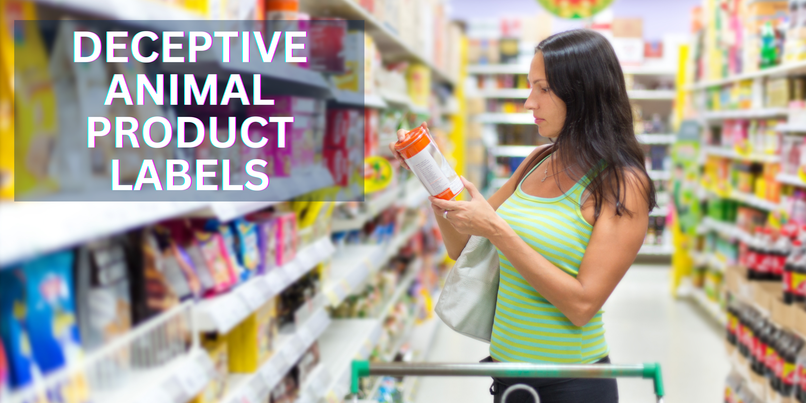Welcome to the Cruelty.farm Blog
The Cruelty.farm Blog is a platform dedicated to uncovering the hidden realities of modern animal agriculture and its far-reaching impacts on animals, people, and the planet. Articles provide investigative insights into issues such as factory farming, environmental damage, and systemic cruelty—topics often left in the shadows of mainstream discussions.
Every post is rooted in a shared purpose: to build empathy, question normalcy, and ignite change. By staying informed, you become part of a growing network of thinkers, doers, and allies working toward a world where compassion and responsibility guide how we treat animals, the planet, and each other. Read, reflect, act—each post is an invitation to change.
Lab-grown meat stands at the intersection of innovation and necessity, offering a transformative solution to some of the world’s most pressing challenges. With traditional meat production driving significant greenhouse gas emissions and straining natural resources, alternative proteins like cultivated chicken and plant-based burgers present a sustainable path forward. Yet, despite their potential to slash emissions, protect biodiversity, and reduce antibiotic use in farming, public funding for food technology lags far behind investments in clean energy. By channeling billions into this burgeoning sector—through initiatives modeled after successful programs like ARPA-E—governments can accelerate breakthroughs that reshape our food systems while creating jobs and fostering economic growth. The time to scale up lab-grown meat is now—and it could be pivotal in combating climate change while redefining how we feed the planet


























































